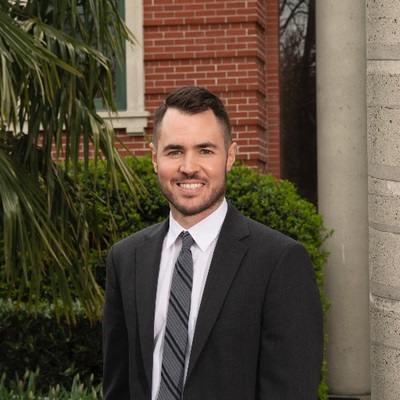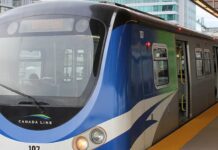A delegation of mayors from the Metro Vancouver region will be in Ottawa next week, calling on the federal government to expedite funding for public transit, in response to increasing pressures on transit systems in Canada’s big cities.
The Metro Vancouver transit system was the first metro area in North America to reach 84 per cent ridership recovery compared to pre-pandemic levels as of March 2023. In many areas of the region, ridership is well above 100 per cent of pre-pandemic levels and overcrowding is approaching 2019 levels when the system was severely congested.
The TransLink Mayors’ Council is meeting with federal officials from May 15 to 17 to share information about Access for Everyone, the new 10-year plan for expanding public transit across Metro Vancouver to reduce congestion and keep the region moving. The $21 billion plan – also known as Transport 2050: Ten-Year Priorities – will take a “bus-first” approach, doubling local bus service, building approximately 170 km of rapid transit, and improving infrastructure for drivers, cyclists and pedestrians.
Next week’s trip marks the beginning of a campaign by the Mayors’ Council to raise awareness about the urgent need for investment in transit and transportation, and how the Access for Everyone plan will bring transit closer to more affordable parts of the region and lower GHG emissions by reducing traffic congestion. In addition to lobbying senior governments, the campaign – launching May 15 – will include a website, community engagement and media placements to ensure the region’s residents are familiar with the plan and its benefits.
“We want the voices of our residents to be heard in Ottawa and Victoria. Metro Vancouver’s population is growing fast and essential services like public transit are not keeping up,” said Port Coquitlam Mayor Brad West, Chair of the TransLink Mayors’ Council. “Just like other core utilities that keep our region going – electricity, water, roads – public transit is key to our quality of life in Metro Vancouver and we urgently need to expand transit services as we add more people to the region.”
Between 2016 and 2022, federal immigration targets have nearly doubled, leading to record-breaking population growth expected over the next several years. With Metro Vancouver expected to grow by 50,000 people per year – equivalent to adding a City of North Vancouver to the region every year – the Mayors’ Council is calling on senior levels of government to act now to ready our transportation system for the future.
“It’s important that residents across the region have access to reliable and efficient transportation options,” said Vancouver Mayor Ken Sim. “Access for Everyone will improve transportation links in every corner of the region, helping people get where they need to go. In the spirit of collaboration, we ask the Federal Government to renew their partnership with our region and province to ensure this plan can be fully funded.”
“Shifting more daily trips to transit is a priority we share across the region,” said City of North Vancouver Mayor Linda Buchanan. “To achieve this goal, we must deliver a transit network that is more accessible, convenient, and reliable. We are taking our collective
voice to Ottawa to advocate for new investments and partnerships with the federal government to reduce congestion, enhance service, and build a more sustainable and prosperous future for people across Metro Vancouver.”
The Mayors’ Council is asking for the federal Permanent Transit Fund (announced in 2021) to be started earlier than planned, in 2024, to enable TransLink and other transit agencies to begin delivering better transit service without delay.
The Mayors’ Council also wants to see the Government of Canada launch a tri-partite national commission together with provinces, transit agencies and local governments to develop a new funding model for public transit that is more resilient and equitable by avoiding overreliance on regressive funding sources such as transit fares and property taxes, and will enable Canada’s big cities to plan and build the new transit current and future residents need to succeed.
INDO-CANADIAN VOICE - ABOUT US
..............................One Community One Voice............................ Canada’s Largest Group of Indo-Canadian Publications "The Voice" Publisher of Voice Newspaper (English), Awaaz (in Punjabi) and Indo-Canadian print media Business Pages.
Contact us: info@voiceonline.com













